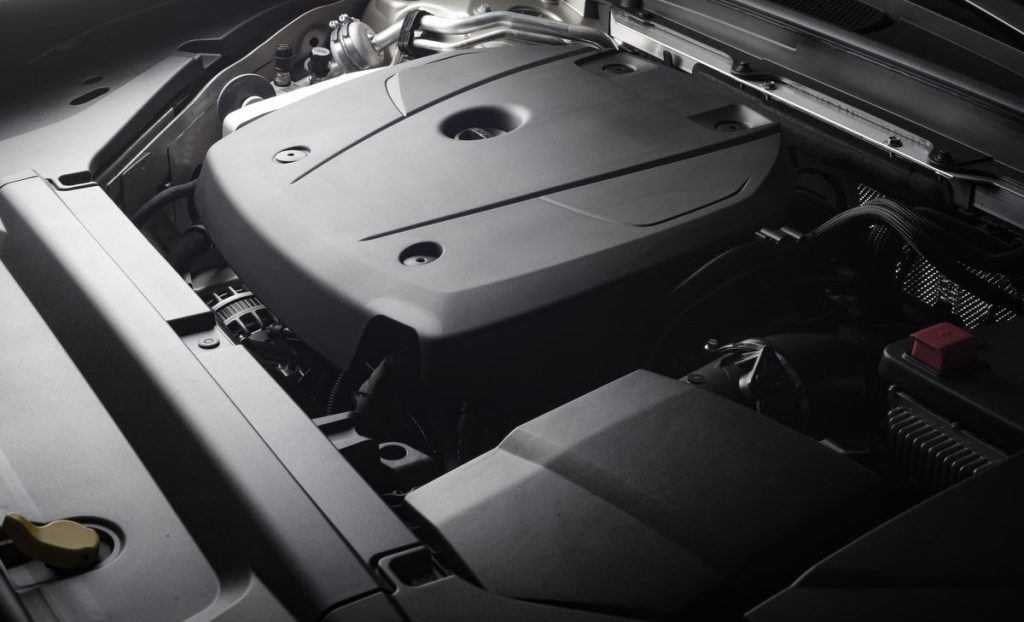If you’re not a trained technician, any unusual sensation or noise that your car makes can be very unnerving. We get in our cars when we need them and expect everything to run smoothly.
But sometimes there is an unexpected issue that crops up, so the better prepared we are, the less stressful this will be. If you understand why your car may judder, you can address the issue quickly and prevent unnecessary damage.
When your vehicle judders, it’s often a vibration feeling – ranging from quite subtle to a sudden, violent shake. It can also be a sporadic, jerking motion you feel when you get behind the wheel.
Let’s take a look at some common reasons why cars judder.
Why is my automatic car juddering?
The juddering of an automatic car could be something not working properly when the car starts, accelerates or stops. As professional technicians, we look for the problem in several areas – the engine, transmission, suspension and driveshaft components.
We look at the ignition system, spark plugs, engine, gears, and brakes when we diagnose why your automatic car is juddering.
Why is my diesel car juddering?
If you drive a diesel vehicle and notice it juddering or vibrating, there may be an issue with your fuel injectors.
Fuel injectors become dirty over time, so juddering may be the result of a build-up of dirt and grime. It may also mean that the fuel injectors of your diesel car are blocked.
Cleaning and/or repairing your fuel injectors will not only stop the juddering, but it will also help your vehicle be more fuel efficient. Give us a call and we can easily handle this for you.
Car judders when starting
If your car judders when you start the engine it could be a problem with the combustion process, therefore indicating that there is an issue with the fuel, air or spark during ignition.
You may notice a delay from when you put your foot on the accelerator to when your car responds. This may also indicate an issue with the catalytic converter or your spark plugs.
Why is my car juddering when I accelerate?
Another time when you might experience juddering is when you accelerate or try to increase speed. In instances like this, the problem is often with the clutch. Something is going wrong when your car tries to move into a higher gear.
There are a few things that may be going wrong with the clutch to cause juddering. There may be a defect in the pressure plate, there may be an oil leak contaminating the pressure plate, or there might be worn-out friction material.
It’s best to have a professional technician take a look at your gears and clutch. Trying to fix them yourself could result in a very expensive repair job.
Car judders when braking
If you feel a vibration or juddering when you’re braking or trying to slow your car down, there may be a problem with your brakes or brake components.
When your brakes are working properly, there is a uniform thickness of your brake discs. If one or more of the brake discs are damaged or worn, you will experience juddering and your car won’t brake as responsively as it needs to.
Don’t ignore this juddering and hope it will go away – you could end up in a collision if you ignore any issues with your brakes. Get in touch with us at Mt Roskill Collision Centre to book your car in for a brake check.
Car juddering at low speed
If you feel like your car is struggling at low speed, and it seems like the juddering is going to cause your car to stall, you may have an issue with overall dirt and grime that has built up.
Over time and as you accumulate mileage on your car, dirt and sludge can build up on the many parts involved in keeping your vehicle running. This can interfere with the fuel injection system and oxygen getting to the engine.
We can have a look at the parts and valves of your car and see if it’s time for any maintenance or parts replacement.
Car juddering at high speed
The causes for car juddering at high speed are similar to those above that we looked at for why a car judders at low speed. The juddering, however, may be much more noticeable when you’re driving at higher speeds and your engine is working harder.
There may be dirt or moisture in one of the parts. Or there may be a part in need of replacement. The most common causes of juddering are often found in the fuel pump, catalytic converter and spark plugs.
If you find your car is juddering or hesitating while you’re driving on the motorway, it could be extremely dangerous. Get in touch with us at Mt Roskill Collision Centre to book your car in for a check.
Whatever is causing your car to judder, we strongly recommend you have your vehicle checked by a professional technician.
Don’t postpone any necessary checks, repairs or maintenance, as this could lead to more costly repairs or a dangerous collision.
